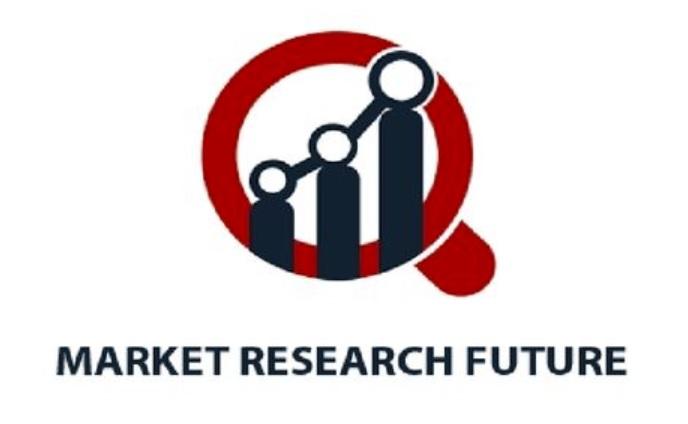Monoclonal Antibodies: The Undisputed Engine of Biologic Market Growth
Monoclonal antibodies (mAbs) have arguably been the most impactful class of therapeutic agents introduced since the advent of penicillin, establishing themselves as the foundational technology powering the majority of the current **Biologic Therapy Market**. Derived from a single immune cell clone, these highly specific proteins can bind to virtually any target, enabling them to block disease-promoting signals, deliver cytotoxic agents directly to tumor cells, or regulate the immune system. Their versatility has led to blockbuster successes across oncology (where they form the backbone of modern immunotherapy), autoimmune diseases (such as rheumatoid arthritis, psoriasis, and Crohn's disease), and increasingly in infectious diseases. The manufacturing process, while complex, has been refined over decades, leading to commercial scale and reliability that are crucial for meeting global therapeutic demand and maintaining their revenue supremacy within the overall biologics sector.
The success of mAbs continues to drive market expansion, fueled by expiring patents on original, highly profitable biologics and the consequent rise of the biosimilar industry. Biosimilars offer clinically equivalent efficacy and safety at a significantly lower cost, injecting much-needed price competition and expanding patient access globally. This dynamic interplay between the sustained innovation of novel mAbs and the competitive pricing pressure from biosimilars is a defining characteristic of the modern pharmaceutical sector. For industry analysts, policymakers, and healthcare providers, gaining a clear understanding of which blockbuster drugs face biosimilar competition, and the predicted impact on pricing and volume, is essential for strategic planning and budgeting. A comprehensive report on the Biologic Therapy Market serves as an indispensable resource, providing detailed forecasts on the monoclonal antibody segment's performance, the impact of biosimilar market penetration, and the technological evolution driving next-generation antibody formats like bispecific and trispecific antibodies.
Beyond the established therapeutic areas, current research and development are pushing the boundaries of mAb technology into novel frontiers. Bispecific antibodies, for example, are designed to simultaneously bind to two different targets, allowing them to redirect immune cells to cancer cells or bridge two proteins involved in a signaling pathway, dramatically increasing therapeutic potency and mechanism complexity. Antibody-Drug Conjugates (ADCs), which link a potent chemotherapy agent to a mAb, allow for targeted delivery of toxins, minimizing systemic exposure and enhancing efficacy in oncology. These advancements require sophisticated engineering and manufacturing capabilities but hold the promise of addressing targets previously deemed 'undruggable' by conventional treatments. The high rate of R&D investment in these advanced modalities underscores the industry’s commitment to maintaining mAbs as a central pillar of future medicine.
Despite their dominance, the **Biologic Therapy Market** for monoclonal antibodies must continually address challenges related to patient selection and resistance mechanisms. The industry is responding through the increased use of companion diagnostics to identify patients most likely to respond to a specific mAb, thereby improving treatment effectiveness and resource allocation. Furthermore, understanding the mechanisms by which cancer cells and pathogens develop resistance is leading to the design of more durable and effective antibody combinations. As manufacturing processes become even more efficient and the biosimilar landscape matures, mAbs will continue to democratize access to advanced treatment, reinforcing their role as a powerful, versatile, and enduring force in the therapeutic pipeline for a wide array of chronic and life-threatening conditions worldwide.


